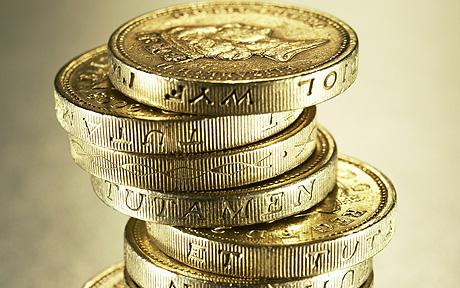Here we go again. The value of the arts is being debated, contested, eroded and derided. As we head towards Osborne’s spending review next week departments are being told to wind their necks in, batten down the hatches and look for savings of 8%, on top of the heavy, far-reaching cuts of the previous spending reviews: these are grim measures for grim times. Apparently, it’s the only way and before long the hecklers line the streets, prepping the executioner’s drum and salivating at the gallows, demanding to know why the arts should be publicly funded at all in an age of austerity.
Frankly, why on earth wouldn’t you publicly fund the arts in an age of austerity? The arts are bucking the trend and are a growth sector in a climate that has the financial fecundity of a post-apocalyptic wasteland. The creative and cultural sectors have a turnover of £12.4 billion, it makes up 0.4% GDP, which is a return of 0.1% of government spending in the sector. Then there is the tourist cultural Mecca that is the UK today, with at least £856 million of tourists spending in the UK attributable to the arts and cultural sector.[1] We can (and do) repeat this blinding obvious economic case til we are blue in the face and our heads fall off, but it is only half the story.
At a time like this, it is ostensibly All About the Money, irrespective of the fact that it is this consumer capitalist logic that got us into this scrape in the first place. What is really crucial, radical and where the real potential lies is the bigger question of why we need (publicly funded) art at all, rather than reducing it to another thing to be consumed in an atomised silo. Over the last 15 years in the UK and Brazil People’s Palace Projects has created and debated art that makes a difference to people’s lives. From London to Brazil, Liverpool to Azerbaijan, our creative projects and cultural exchange programmes have sought out contexts where art matters most and working with those for whom art makes a difference in the lives. A tangible difference, alongside the more ethereal shifts in hearts, minds and souls that are harder to measure, evidence and document. For over a decade, we worked in the Brazilian prison system, seeing prison guards become human right advocates, ex-prisoners become actors, and a studio theatre built in a Federal prison our projects included the negotiation of ceasefires between rival drug gangs in Rio de Janeiro. Days and nights without shootings or deaths: symbolic actions with real effects and inspiration for lasting, concrete change.
It’s in our proven experience and DNA that the can arts change lives and is essential if we are ever to imagine way out of this let’s-stick-a-price-tag-on-everything-and-call-it-progress, neo-liberal hell. Without imagination how can we conceive of a better world? Let alone begin to identify steps towards it. Without courageous, brand new ideas, how will we be reinvent ourselves and thrive once more beyond our present consumer capitalist graveyard? Most recently it’s been our huge privilege to be involved in nurturing the brave, bold, inclusive legacy of London2012 with those who are imagining what a cultural Olympiad could look like and achieve in Rio de Janeiro in 2016.
The world is changing at such a pace, if we don’t champion the arts in our schools and in our society we will lose our ability to innovate, imagine and create. Where will that leave us as a society and on the global stage?
by Sara Kewly Hyde (PPP Freelance Comms Manager)
[1] http://www.artscouncil.org.uk/advice-and-guidance/browse-advice-and-guidance/contribution-arts-and-culture-national-economy
